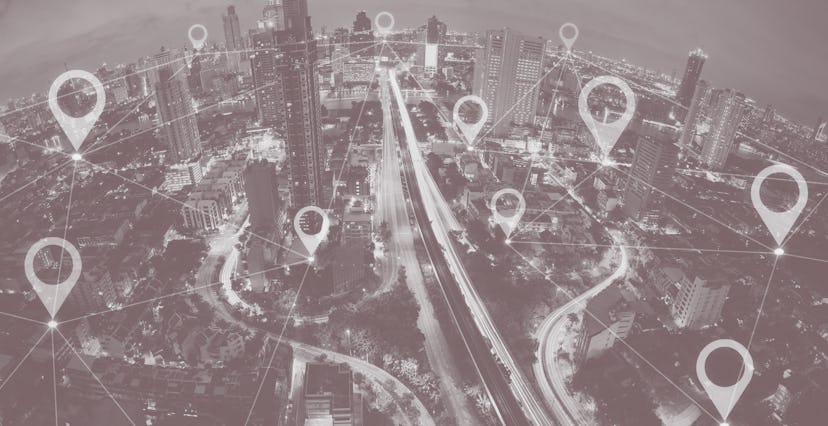Tech
Apple and Google won't allow GPS tracking on their contact-tracing apps
It's a win for privacy. It could give users more peace of mind when deciding whether or not to download the app.

Apple and Google said they will ban the use of location-tracking in apps that use their combined contact tracing system, per a new Reuters report. With privacy an increasingly worrisome factor in big tech’s efforts to combat the spread of COVID-19, a GPS block could do a lot to ease consumers' concerns and increase download numbers.
Since the beginning of the joint effort, both companies have made it clear that user privacy is of the utmost importance to the contact-tracing project. That’s why the system was built off short-range Bluetooth connections without a centralized database: to minimize any possible risks to user privacy. The latest announcement from the companies solidifies their stance on the matter: privacy is the priority, even if it means less accurate results.
Not everyone is using the system — As Reuters notes, Apple and Google really hold the keys to the kingdom when it comes to mobile operating systems. The two companies combined run 99 percent of the world’s phones. That means they’re uniquely suited to developing software that’s meant to run smoothly on those phones.
But not everyone has seen Google and Apple’s development decisions so favorably. The U.K. is rolling out the first version of its own contact-tracing app today — an app that doesn’t utilize Google and Apple’s decentralized framework at all. The U.K.’s National Health Service decided it hated the idea of a decentralized model enough to develop its own platform. That centralized model could prove very bad for privacy, experts say.
Because Google and Apple weren’t involved in the U.K.’s contact-tracing development, the NHS didn’t have the necessary proprietary access to fully optimize its version of the app. Early reports claim the NHS system is a huge battery hog, especially on older phones. The app has to “wake up” every time it recognizes another phone running the same app.
It also means the NHS could build location-tracking into its system if it wants to. Doing so would likely deter some users from downloading the app.
Perhaps helpful for adoption numbers — The efficacy of any contact-tracing program still remains to be seen. One of the largest hurdles in contact tracing actually curbing the spread of COVID-19 is users’ willingness to download the app and let it run in the background. Downloading and running the app is completely voluntary, but the program won’t work unless both parties have it installed.
Google and Apple are giving their API a leg up by repeatedly speaking to the importance of privacy in this process. Users are much more likely to download the app if they know their data and privacy are safe. The ability to not drain our already iffy phone batteries is also useful in this effort.
Then again: contact tracing might not be very helpful anyway. Experts warn that the process could send up large numbers of false positive notifications; if someone in the apartment below yours tested positive for the coronavirus, for example. And large swaths of users will still need to download the app and let it run in the background.